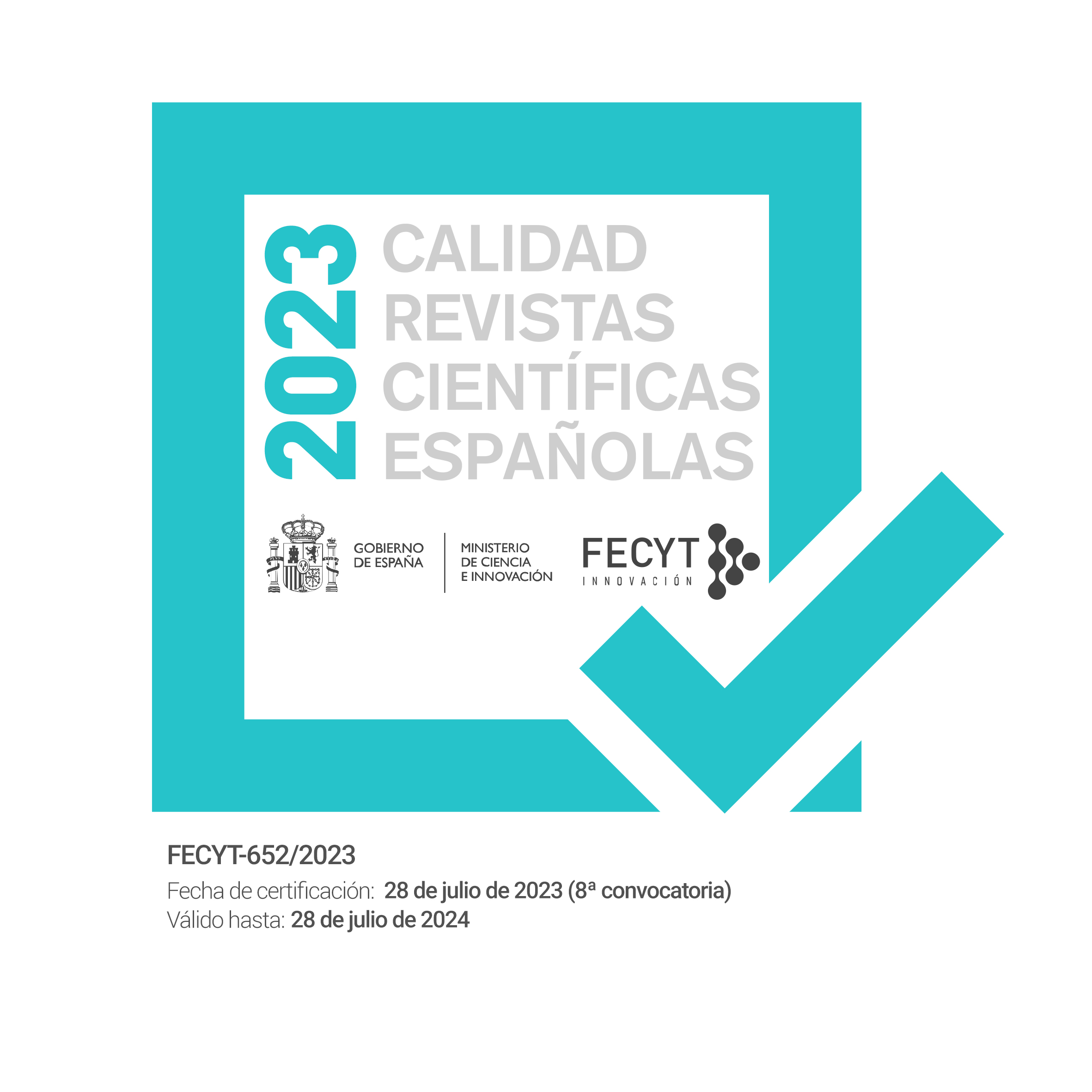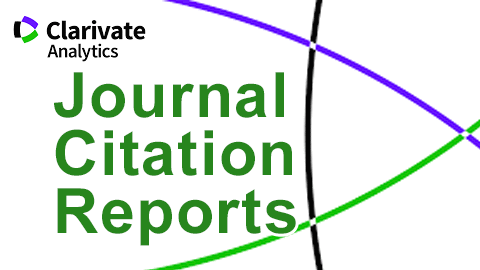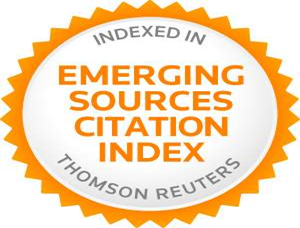Covert communication in the promotion of alcohol and tobacco in Spanish press advertisements
Keywords:
Covert communication, Advertising Discourse, Relevance Theory, AnglicismsAbstract
Abstract. In this paper, we will prove that the intentional use of English in most tobacco and alcohol advertising campaigns published in the Spanish press aims at designing an effective communicative strategy specifically addressed to the youngest segment of consumers, mostly teenagers, who are one of the main sources of current and prospective customers for alcohol and tobacco companies. This practice is not allowed by the Spanish legislation on advertising and the writing of anide 37 of the Regulations in Public Health (Reglamento de la Ley General de Salud) is very clear. However, the use of covert communication works as a subterfuge which enables this kind of adverts to exist, thereby subtly breaking the existing law on advertising and avoiding the social consequences derived from this particularly perlocutive communicative process.Downloads
Published
Issue
Section
License
Attribution - Non-commercial (CC BY-NC). Under this license the user can copy, distribute and publicly display the work and can create derivative works as long as these new creations acknowledge the authorship of the original work and are not used commercially.
Authors retain the copyright and full publishing rights without restrictions.








